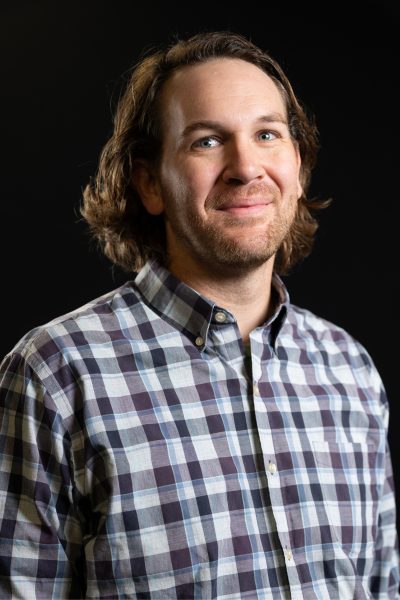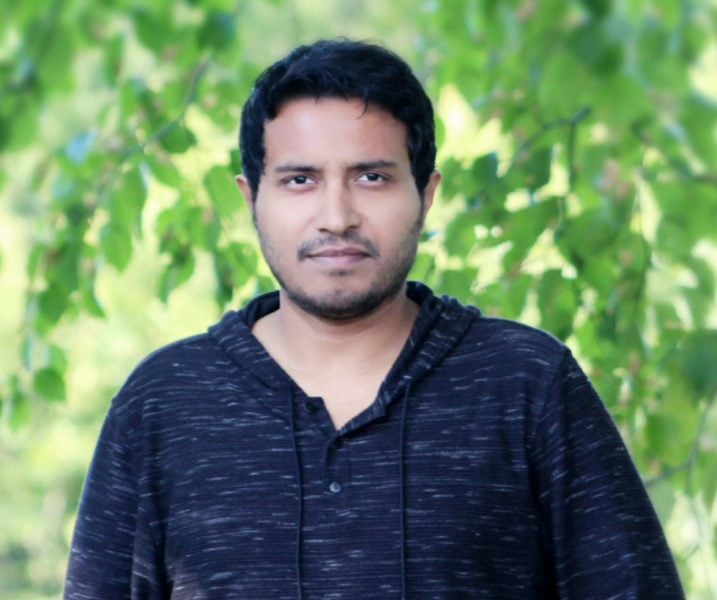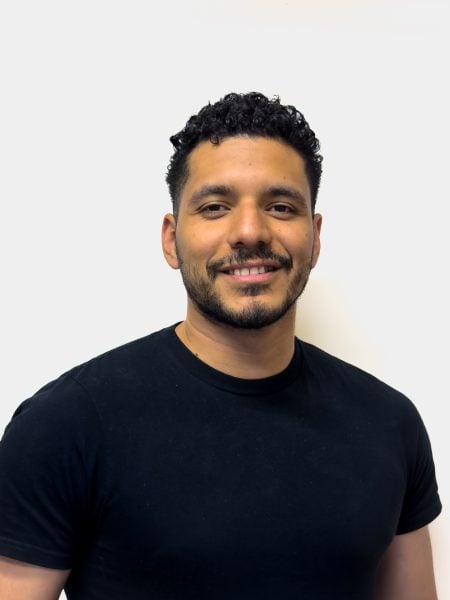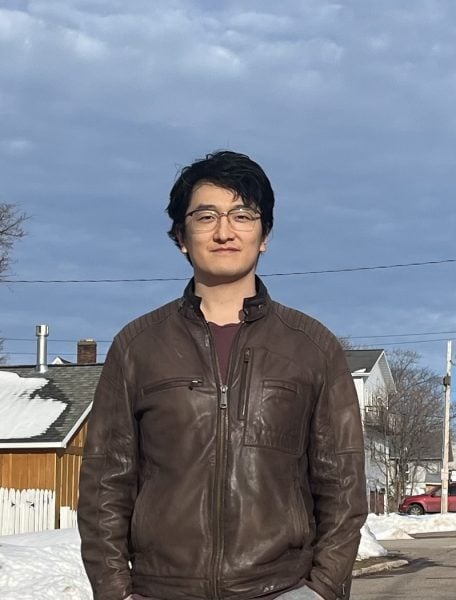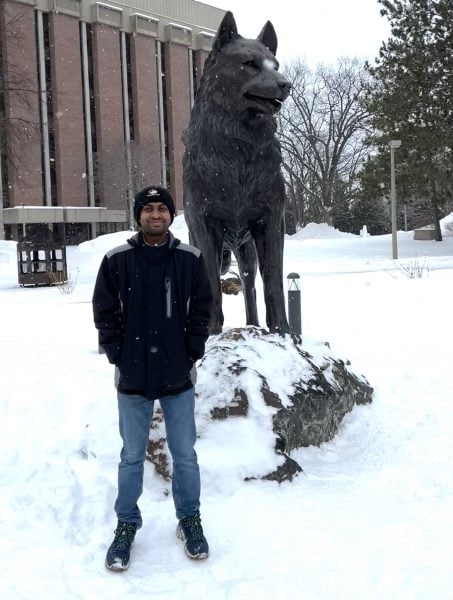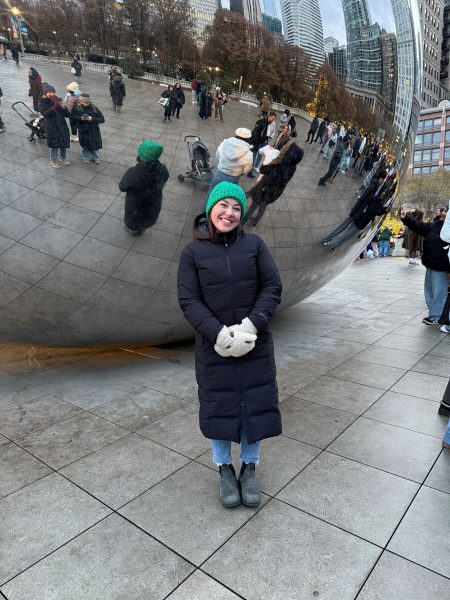
I started my Ph.D. in Chemistry at Michigan Technological University in the fall of 2021, marking the beginning of an exciting academic journey. Throughout my doctoral studies, I have focused on addressing critical challenges in the field of bioimaging through the development of novel fluorescent probes.
My research centers on designing and synthesizing specialized fluorescent compounds that allow for real-time monitoring of key biological parameters such as pH, NAD(P)H levels, and intracellular viscosity in living cells and organisms. These tools offer valuable insights into cellular function and disease progression, with particular relevance to cancer biology and mitochondrial health.
I am truly honored to receive the Doctoral Finishing Fellowship from the Graduate School. I would like to express my sincere thanks to the Graduate School and the Graduate Dean Awards Advisory Panel for this generous support. This fellowship will allow me to fully focus on completing my dissertation and preparing for the next steps in my research career.
I am especially grateful to my advisor, Dr. Haiying Liu, for his steady guidance and encouragement throughout my Ph.D. journey. I also deeply appreciate the support of my committee members, lab teammates, collaborators, and the faculty and staff of the Chemistry Department. A heartfelt thanks goes to my friends and peers at Michigan Tech, whose constant support made this journey both meaningful and memorable.
With this fellowship, I look forward to continuing my research and making a positive impact in the fields of healthcare and biomedical science.
